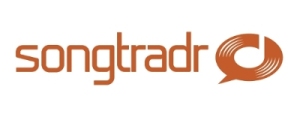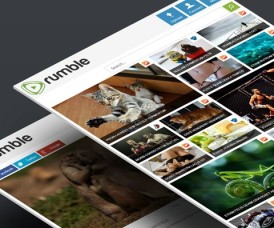 Songtradr made its debut this week, a consumer-friendly B2B platform that simplifies what’s complicated about music ownership and rights.
Songtradr made its debut this week, a consumer-friendly B2B platform that simplifies what’s complicated about music ownership and rights.
The Songtradr team’s ambitious goal is nothing less than to redefine the value of music. It’s a one-stop shop for managing, licensing and selling music, simple and affordable enough for anyone to use.
“We see ourselves as connecting the fragmented world of music rights in one place,” explains Songtradr CEO, Paul Wiltshire. His company facilitates deals, matching songs with films, TV, video games, advertisers, YouTubers and others. Using Songtradr, composers and artists collaborate and then find buyers, publishers and labels—all of whom can use Songtradr’s free content management system to organize extensive inventory. It’s a marketplace where music assets are stored, discovered, curated, and monetized.
Unique features include Songtradr’s extraordinary variable pricing calculator, which helps rights holders determine market rate price points based on media usage, budget, term and territory. And for those looking for a personal touch, Songtradr’s matchmakers curate music for carefully targeted audiences.









